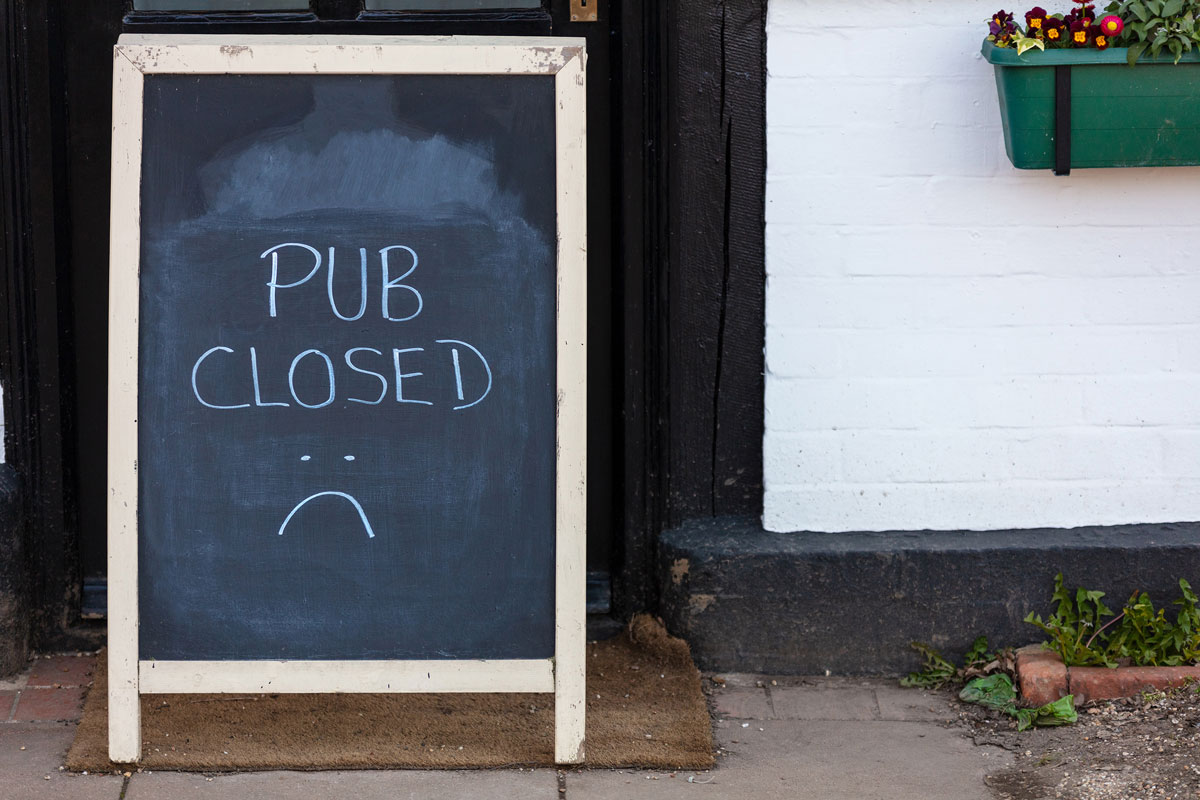
By Jack Cummins
Around 20 years ago when licensing law was about to undergo major change, I was mulling over the outlook for the trade with a very experienced hospitality operator.
He reckoned that, in the years ahead, the industry was likely to face significant challenges from other sources.
It was a prophecy that turned out to be absolutely spot on. In the interval, the trade has taken a battering from umpteen adverse events.
The smoking ban had a major impact, of course, but there was much more to come: the lower drink-driving limit, the pandemic, the increasing popularity of food delivery platforms such as Just Eat and Deliveroo, rampant food price inflation, soaring energy costs and, latterly, low-emission zones reducing city footfall. From South Ayrshire comes a sharp insight into the latest blows.
It arrived in the shape of a report to the local Licensing Board by the licensing standards officer – and I suspect it paints a picture reflected throughout the whole of the country.
According to the officer, Catrina Andrew, the ‘largest and most significant challenge’ came from the recent budget in the form of rising National Insurance costs.
It’s a perfect storm. Suppliers affected by the hike raise prices even further. Hospitality operators – also struggling with staffing expenses – are forced to push up prices.
It’s easy to see that the accelerating cost of a night out will keep even more customers at home and, as Andrew suggested, ‘encourage the public to buy off-sales’.
Unsurprisingly, some operators had reduced staff numbers or cut trading hours. A number had decided to throw in the towel, while others were looking to vary their licences to maximise trading opportunities.
Licensing Board members painted a gloomy picture, pointing to the loss of valuable social interaction as customers restricted their visits to pubs, while those consuming alcohol at home in an unregulated environment could be putting their health at risk.
Andrew also told the board that minimum pricing (MUP) had affected off-sales outlets which were ‘consistently busy’ but customers seemed to be pulling back on food purchasing to deal with the price difference.
Of course, the pressure on drinkers’ household budgets intensified with the 30 per cent increase in the minimum unit price last September. A case of the medicine not working properly, leading to an increase in the dose? Is the patient likely to respond?
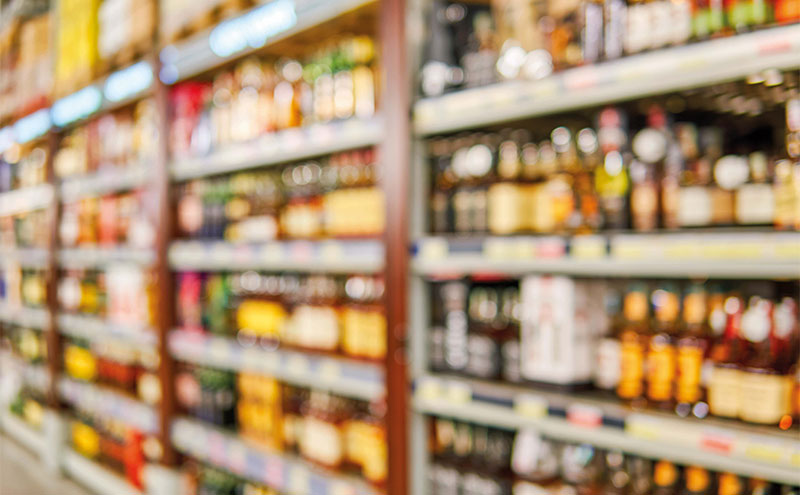
While the efficacy of MUP will always engender heated debate, there are some facts that its supporters simply can’t dodge. MUP was promoted on the basis that it was a ‘targeted’ measure that would tackle drinking at harmful levels. As a matter of indisputable fact, it did not. We were also promised that responsible drinkers consuming alcohol at moderate levels would not be affected.
Again, that is simply not the case. In fact, MUP has simply left the poor even poorer. As reported in the Daily Mail towards the end of last year, a survey of hundreds of people using alcohol treatment services in the months before and up to 22 months after MUP kicked off found that: “There was no evidence of changes in their alcohol consumption or health status”.
Did MUP cut back alcohol-induced crime or A&E attendances? Again, the answer is no.
MSP Dr Sandesh Gulhane, a leading opponent of MUP, neatly framed his verdict: “Alcohol-related deaths are at their highest level since 2008 [1277 in 2023], yet instead of admitting that MUP is failing, the SNP have doubled down on their flawed policy and hiked prices, which will lead to people skipping meals to afford booze”.
It was Gulhane’s complaint to the UK Statistics Authority that forced ‘updates’ to Public Health Scotland’s final MUP evaluation and the associated press release, making it clear that claimed reductions in alcohol sales, deaths and hospitalisations were ‘estimates’, rather than solidly based on research evidence.
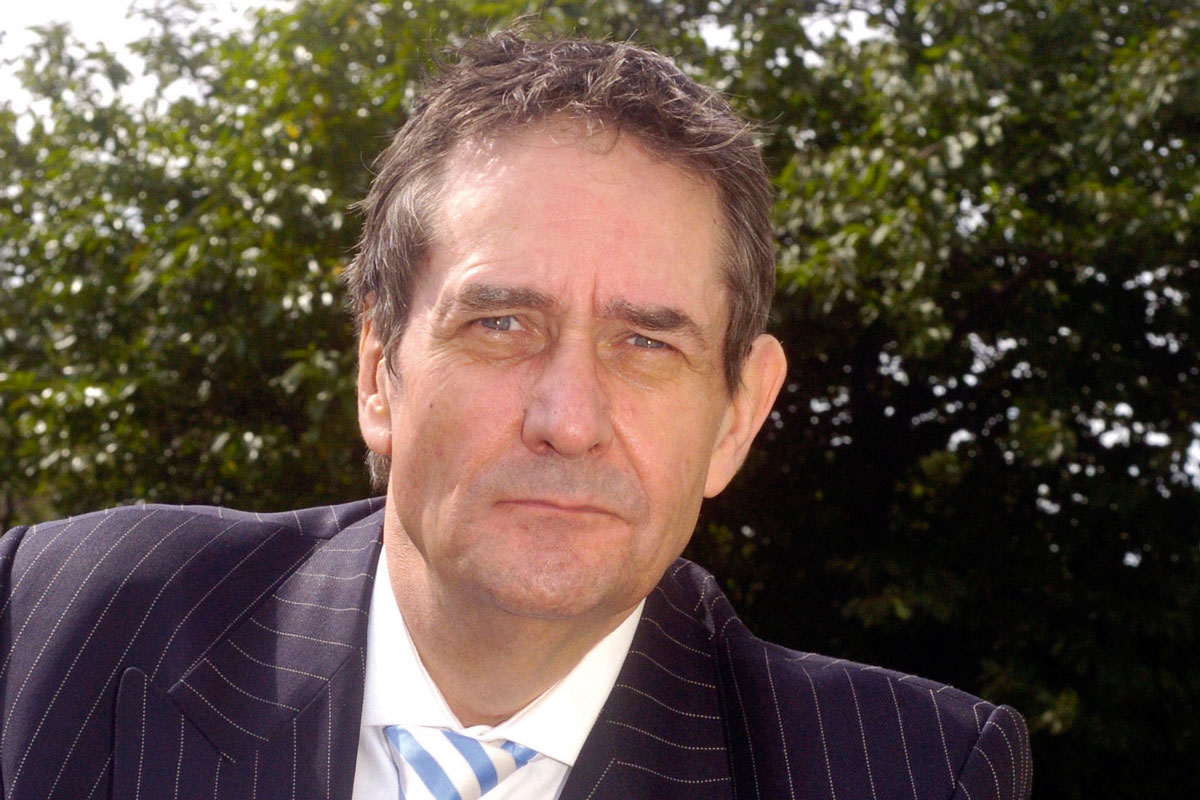
Licensed trade Q&A with Jack Cummins
Q: My 17 year-old daughter has offered to work in my family’s restaurant kitchen. She wouldn’t be taking alcohol orders or serving drinks but she might deliver food to tables. Can you see any problem with this?
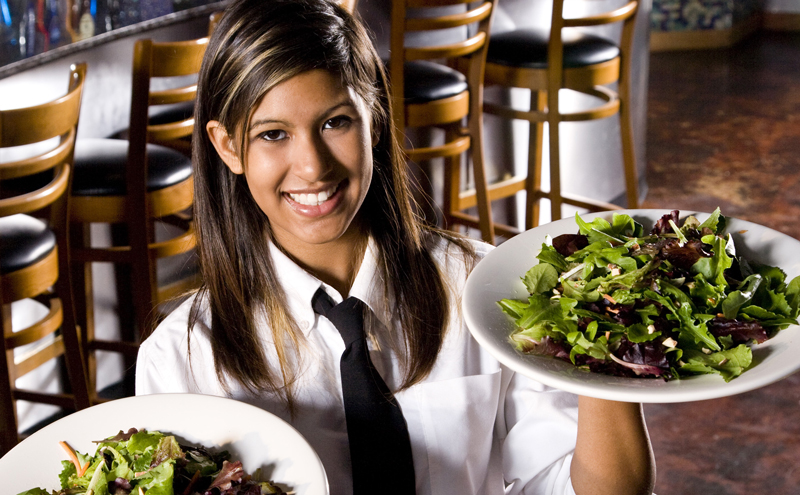
A: I’m assuming you’re the holder of the premises licence and, intuitively, you might believe that family members are not subject to any licensing restrictions.
That’s not the case.
You’ll need to observe the premises licence provisions regulating the admission of children and young persons. These cover access times, ages, the accessible parts of the premises and the conditions of entry.
At 17 your daughter is treated as a young person. Pay particular attention to the parts of the premises she would be allowed to access.
I’m aware of a case a few years ago where a restaurant owner employed a waitress aged 16. He discovered that the premises licence would require to be varied. It only allowed children and young persons to be present in the public parts of the premises – preventing her from entering the kitchen.
Q: A few weeks ago a resident in my hotel invited a friend to dinner. After the meal they retired to the lounge to order drinks. The time was now 12 midnight, just when my licensed hours come to an end.
I know that licensed hours don’t apply to hotel residents, but what about the guest? Was I allowed to supply him with a whisky? I seem to recall that there’s also a dispensation for residents’ guests.
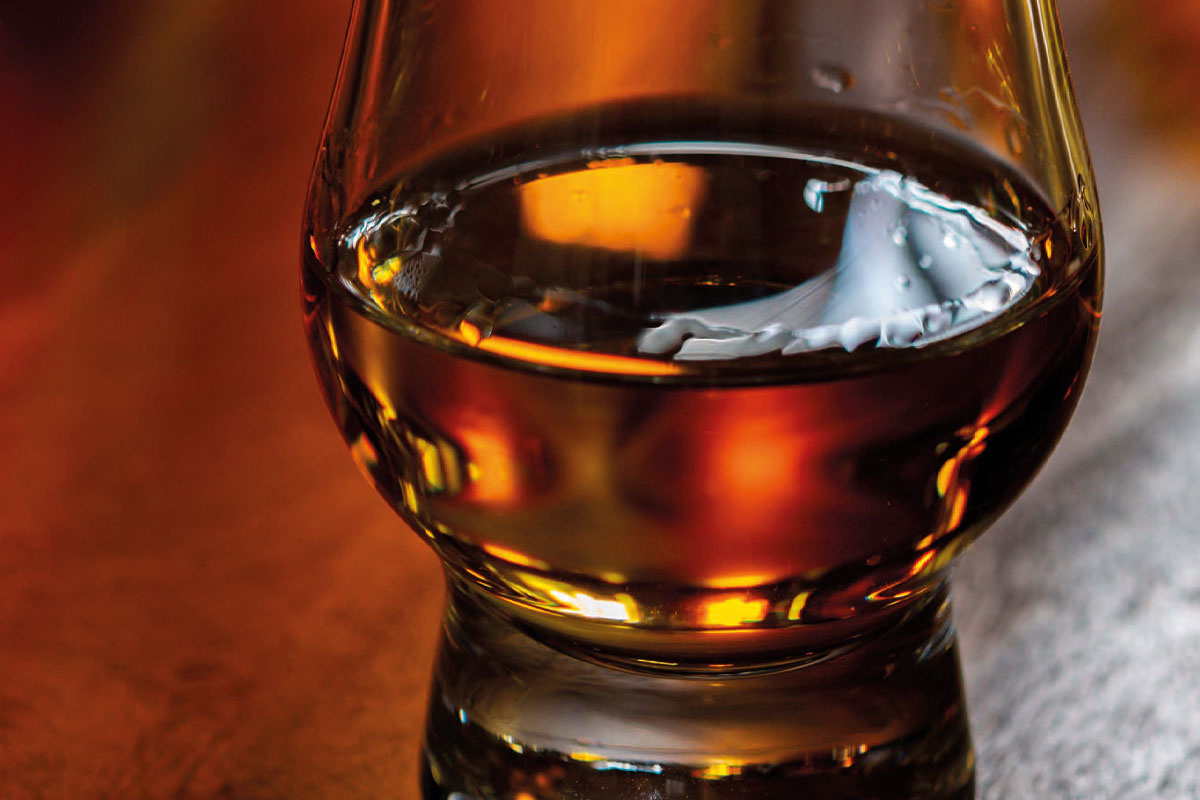
A: The general prohibition on the sale or consumption of alcohol outwith licensed hours is subject to a number of exceptions. As you say, it doesn’t apply to hotel residents.
There’s also a relaxation for persons who are guests of residents. However, the exemption only extends to the consumption of alcohol outwith hours by the guest. Only a resident can purchase the alcohol.




















